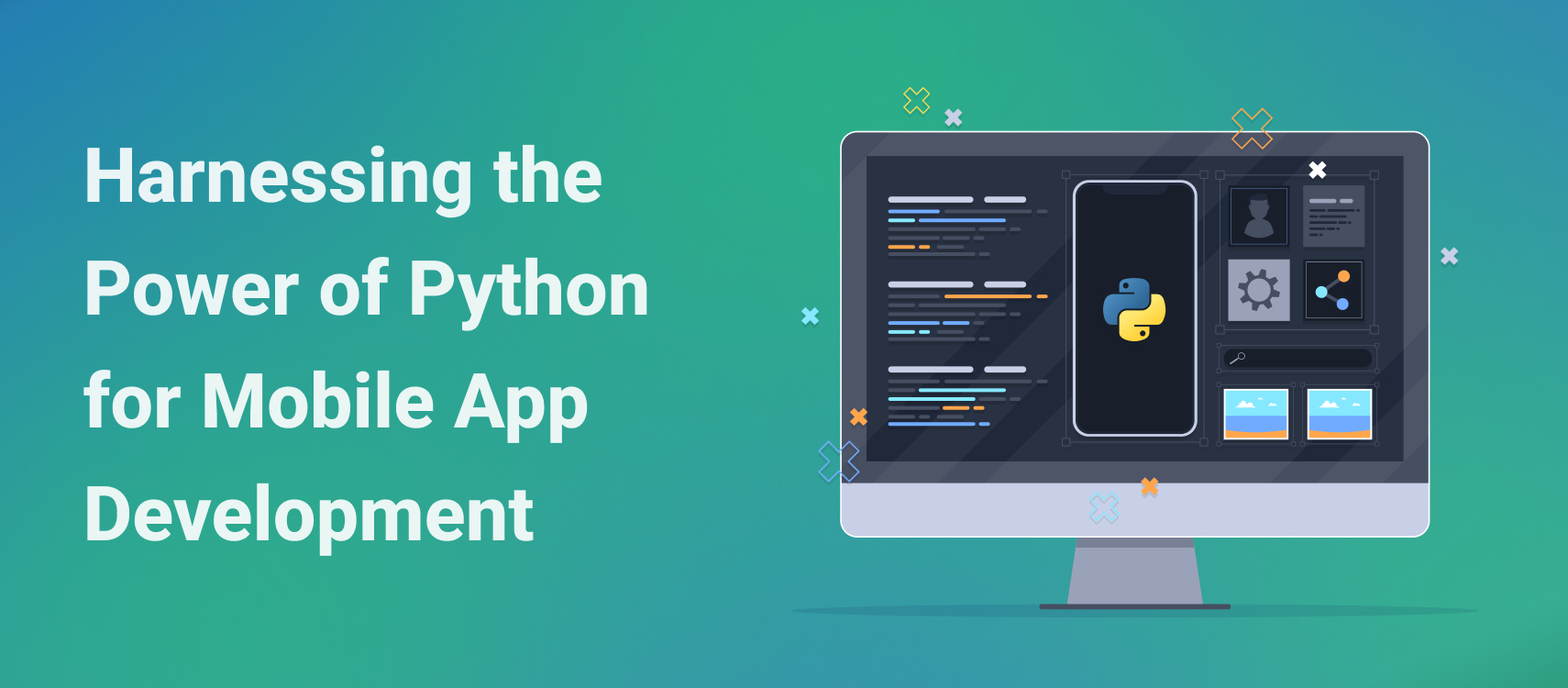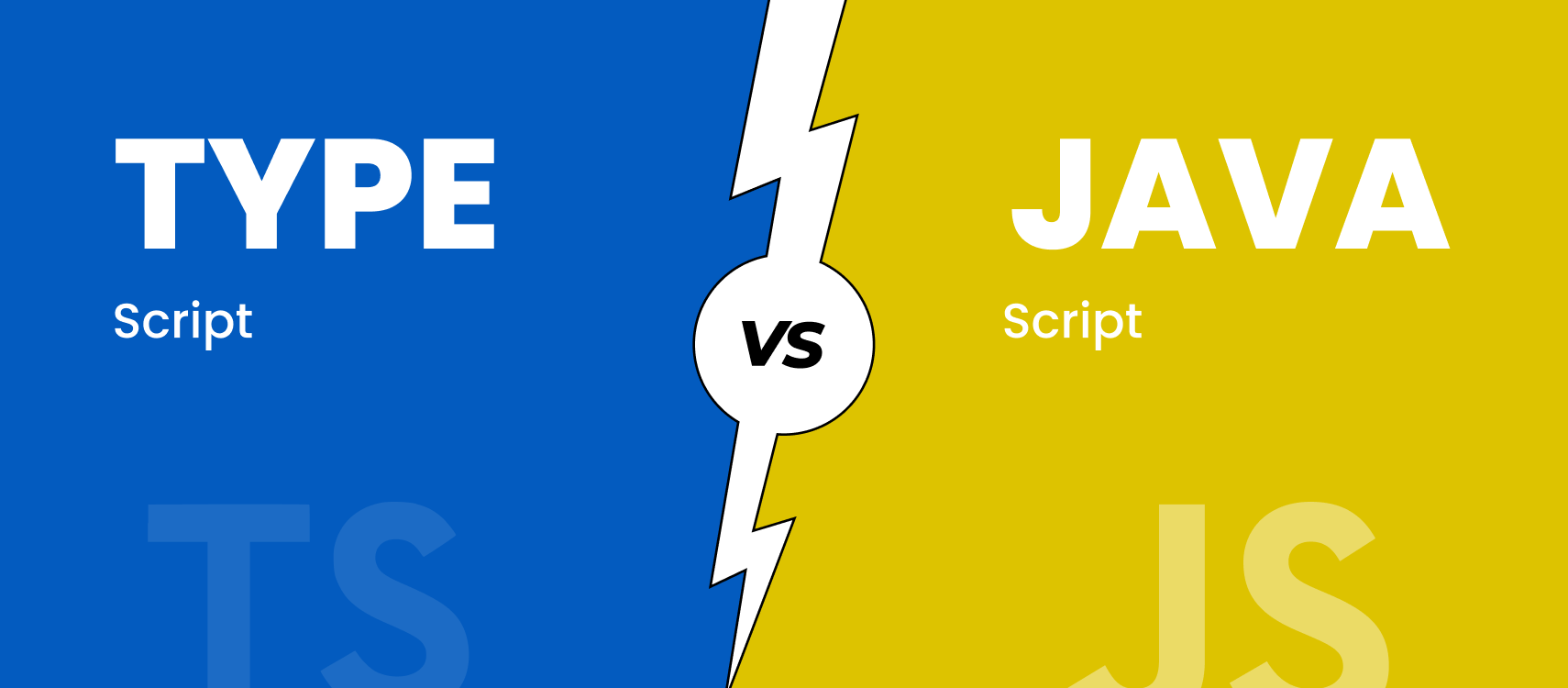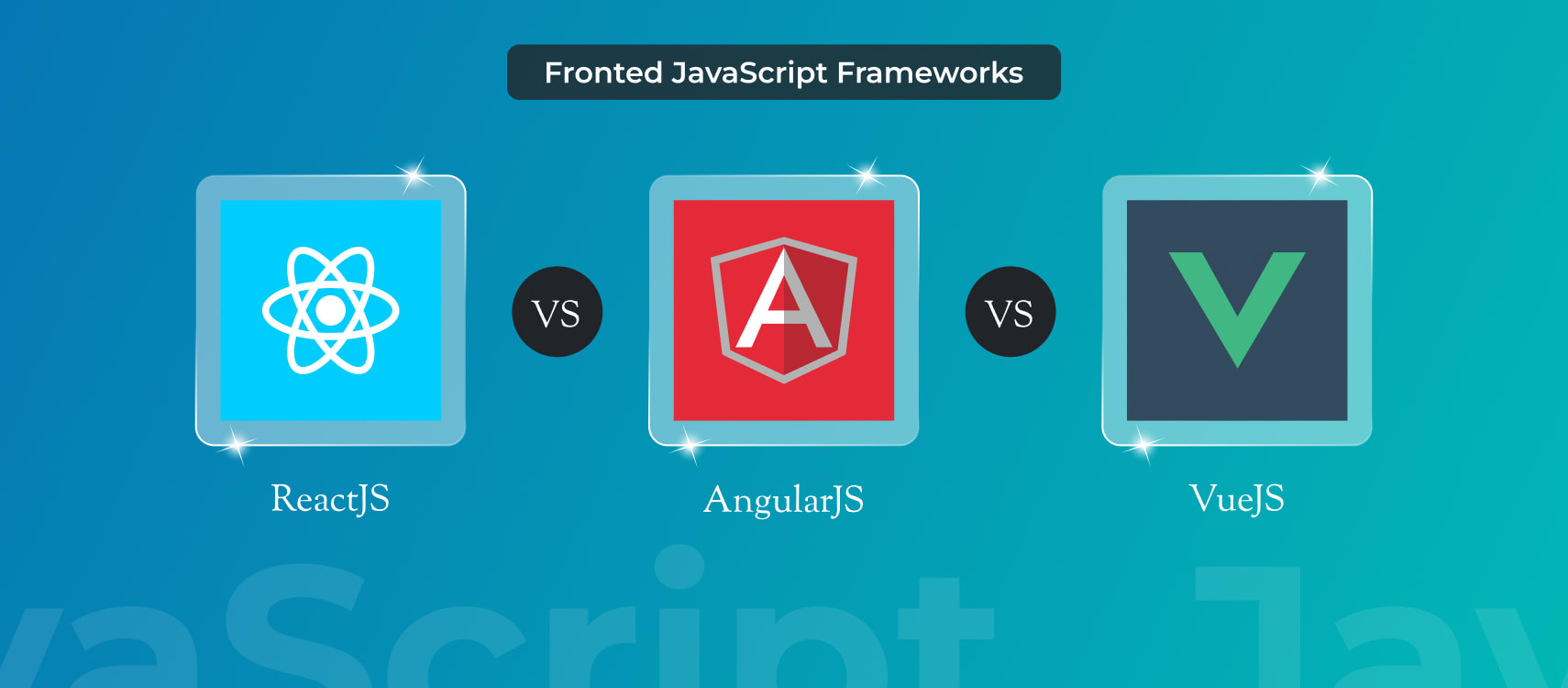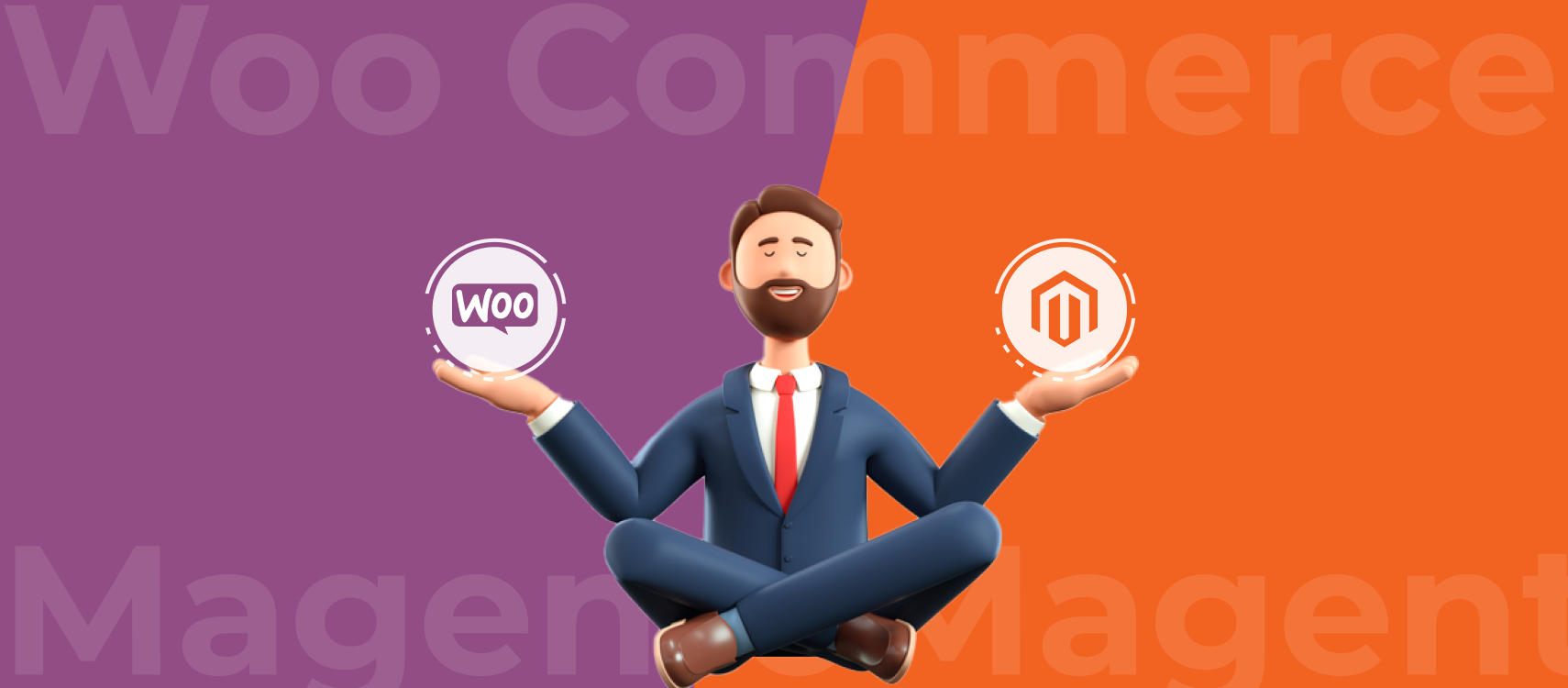Table of Contents
- Cross-Platform Compatibility
- Large Developer Community
- Rapid Development with Django & Flask
- Ecosystem of Libraries and Packages
- User-Friendly Syntax
- Cross-Domain App Development
- Open Source and Cost-Effective
- High-Quality UI/UX with Kivy
- Community-Driven Mobile Framework
- Scalability and Performance Optimization
- Summarising
Python has long been a go-to programming language for web development, data science, and automation tasks. However, its versatility and ease of use have also made it an excellent choice for mobile app development. In this blog post, we’ll explore the numerous advantages of Python app development and why it’s gaining popularity among developers and businesses alike.
Cross-Platform Compatibility
Python offers a significant advantage in mobile app development through its cross-platform compatibility. This means you can write code once and run it on multiple platforms, including iOS, Android, and even desktop systems, with minimal modifications. The key to this cross-platform capability lies in frameworks like Kivy, BeeWare, and PyQt, which allow you to create native-like mobile apps while keeping a single codebase.
This cross-platform approach saves both time and resources, as a mobile app development company doesn’t have to write and maintain separate codebases for each platform. It also ensures consistency across different devices and operating systems, providing a seamless user experience.
Large Developer Community
Python boasts a vast and active community of mobile app development services that continuously contributes to its growth and evolution. This community-driven development model results in a wide range of libraries, frameworks, and tools that simplify mobile app development. When you encounter challenges or need guidance, you can easily find solutions and resources within the Python community, which fosters collaboration and innovation.
The availability of comprehensive documentation and tutorials makes Python an excellent choice for both novice and experienced developers. You can quickly get started with mobile app development in Python, and there’s ample support to guide you through more complex tasks.
Rapid Development with Django and Flask
When it comes to backend development for mobile apps, Python has two powerful web frameworks, Django and Flask. These frameworks enable rapid development of robust and scalable server-side components for your mobile apps. Django, known for its ‘batteries included’ philosophy, provides a wide range of pre-built functionalities, making it suitable for larger, more complex projects. Flask, on the other hand, is lightweight and minimalist, making it an excellent choice for smaller, more focused apps.
The ability to seamlessly integrate these backend services with your Python mobile app development project can significantly simplify data synchronization, user authentication, and server-side logic, reducing development time and effort.
Read More: Kotlin vs Python
Rich Ecosystem of Libraries and Packages
Python’s strength lies in its rich ecosystem of libraries and packages, many of which are readily available for mobile app development. Whether you need to work with databases, implement machine learning algorithms, or handle complex data processing, you can find Python libraries that simplify these tasks.
For example, SQLAlchemy and Django ORM simplify database operations, while libraries like NumPy and pandas facilitate data manipulation and analysis. When building machine learning-powered apps, you can leverage popular Python libraries like TensorFlow, PyTorch, and scikit-learn to harness the power of AI and data science in your mobile applications.
User-Friendly Syntax
One of Python’s most notable strengths is its user-friendly and readable syntax. Python code is often described as ‘executable pseudocode’ because it closely resembles human-readable language. This simplicity makes it easier for developers to write, debug, and maintain code, reducing the likelihood of errors and speeding up the development process.
Python’s clean and intuitive syntax also promotes code consistency within development teams, as it’s easier for developers to understand and follow each other’s code. This is especially valuable in Python application development, where collaboration and code maintainability are crucial.
Cross-Domain App Development
Python’s versatility extends beyond mobile app development; it’s also a valuable asset for cross-domain app development. For instance, if your mobile app requires integration with IoT devices, web services, or desktop applications, Python can serve as the bridge between these domains.
With Python, you can develop scripts and applications that facilitate communication between different technologies, enabling your mobile app to interact with a broader ecosystem of devices and services.
Open Source and Cost-Effective
Python is an open-source programming language, which means that it’s free to use and comes with a wide range of open-source libraries and tools. This open-source nature reduces the cost of mobile app development, making it an attractive choice for startups and businesses with budget constraints.
Moreover, Python’s extensive libraries and community-contributed packages can save development time and expenses. You can leverage pre-built solutions to tackle common tasks, reducing the need to reinvent the wheel.
High-Quality UI/UX with Kivy
User interface (UI) and user experience (UX) design play a pivotal role in the success of a mobile app. Python’s Kivy framework is a valuable tool for achieving high-quality UI/UX. Kivy is an open-source Python library for developing multi-touch applications, making it perfect for mobile app development. It provides a wide range of customizable widgets, animations, and touch event handling to create visually appealing and interactive user interfaces.
Kivy’s flexibility allows you to design unique and creative user interfaces that align with your app’s branding and user preferences. Additionally, it supports both touch and non-touch devices, making it versatile for various mobile platforms.
Community-Driven Mobile Development Frameworks
In addition to Kivy, Python has other community-driven mobile development frameworks like BeeWare and PyQt. These frameworks enable the creation of native mobile apps using Python, ensuring optimal performance and access to platform-specific features.
BeeWare, for example, provides a suite of tools and libraries that allow you to write native apps for iOS, Android, Windows, macOS, and Linux, all using Python. This eliminates the need to learn platform-specific languages and APIs, streamlining the development process and enabling you to reach a wider audience.
Scalability and Performance Optimization
While Python is renowned for its simplicity and ease of use, it’s also capable of delivering high-performance mobile apps. By optimizing critical parts of your code and using techniques like code profiling and caching, you can ensure that your Python-based mobile app meets performance requirements.
Moreover, Python’s integration capabilities make it possible to offload resource-intensive tasks to optimized libraries written in lower-level languages like C or C++. This hybrid approach allows you to strike a balance between Python’s developer-friendly environment and the need for high-performance computing.
Summarising
Whether you’re a startup looking to minimize development costs or an established business seeking rapid development and scalability, Python has the tools and frameworks to meet your needs.
Its ability to create native-like apps across multiple platforms, coupled with its user-friendly syntax and extensive libraries, positions Python as a powerful and cost-effective solution for building innovative and engaging mobile applications.










